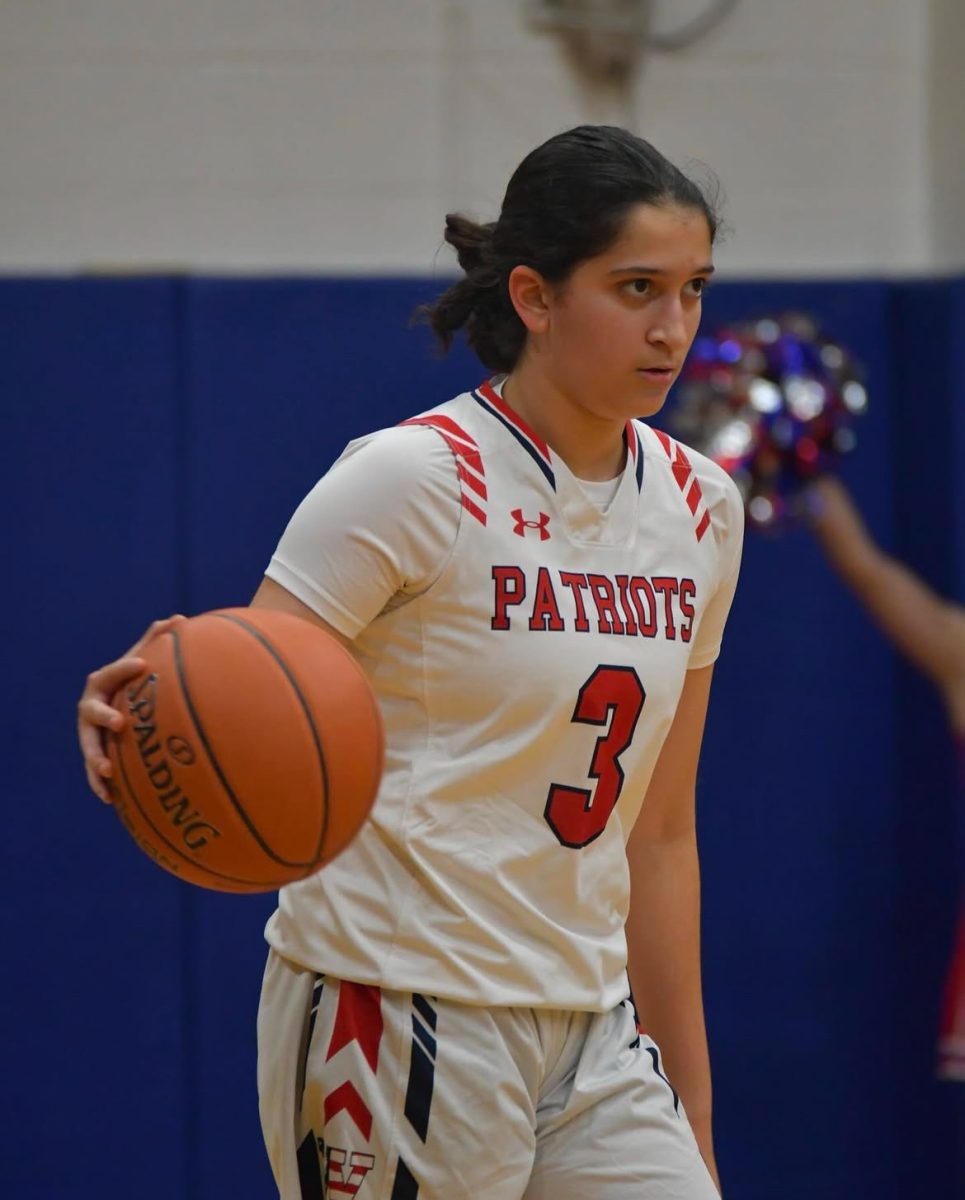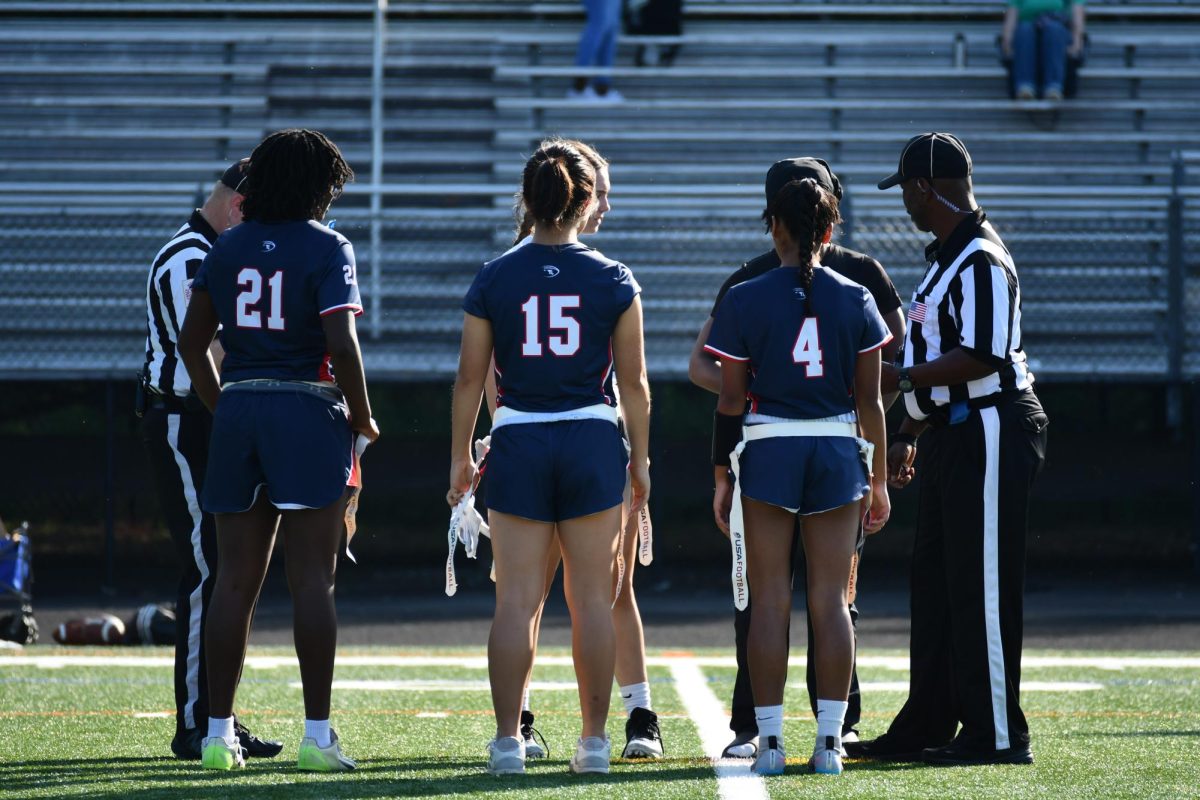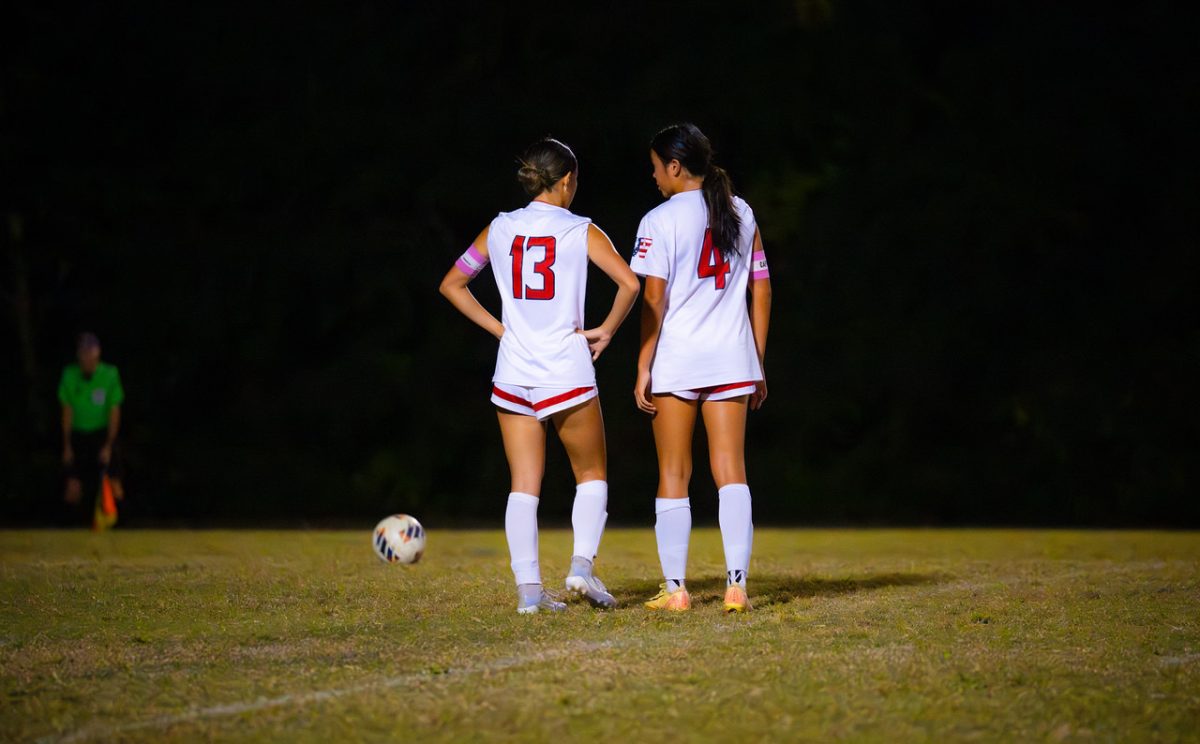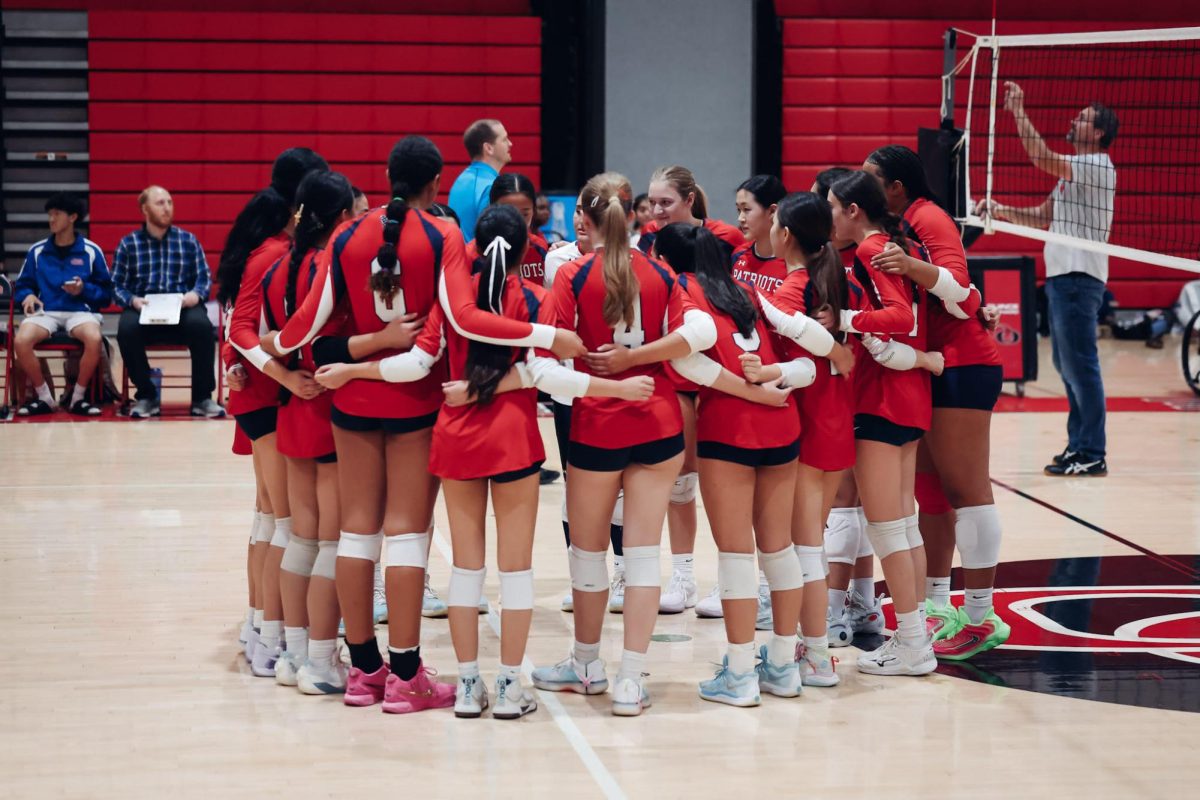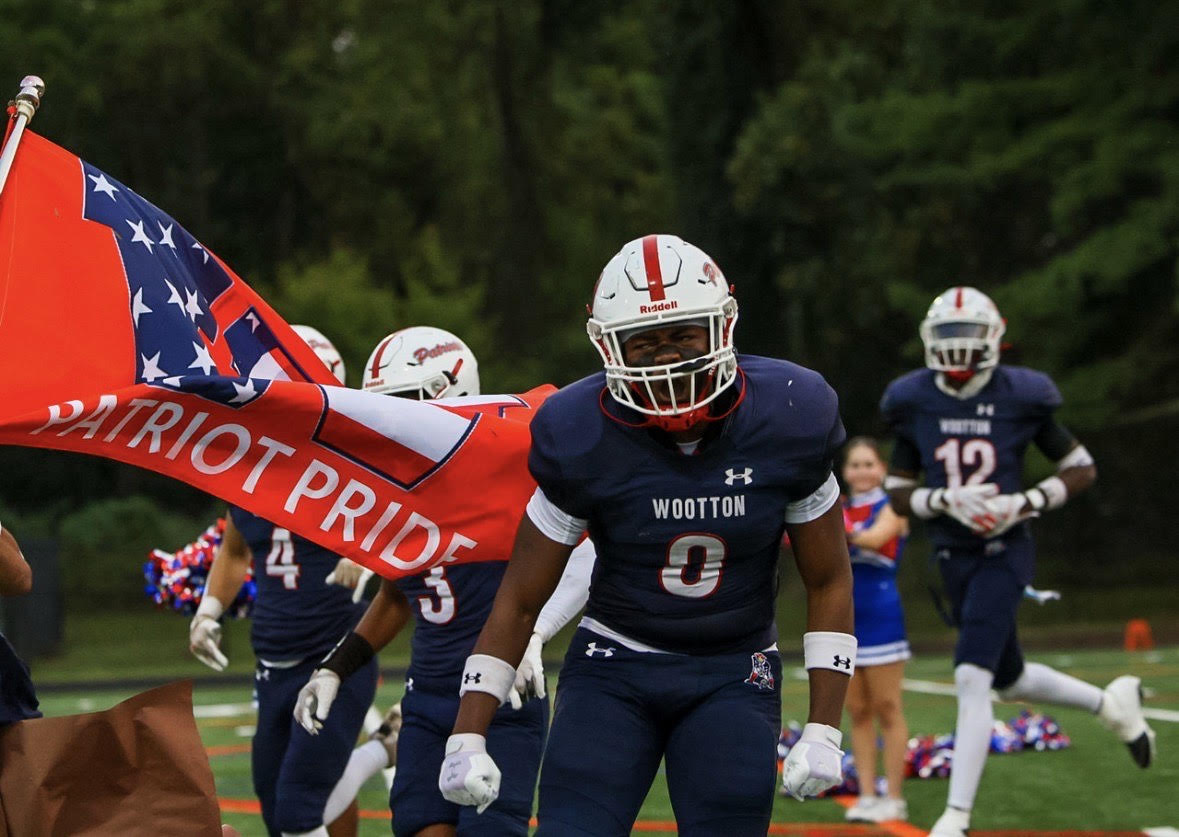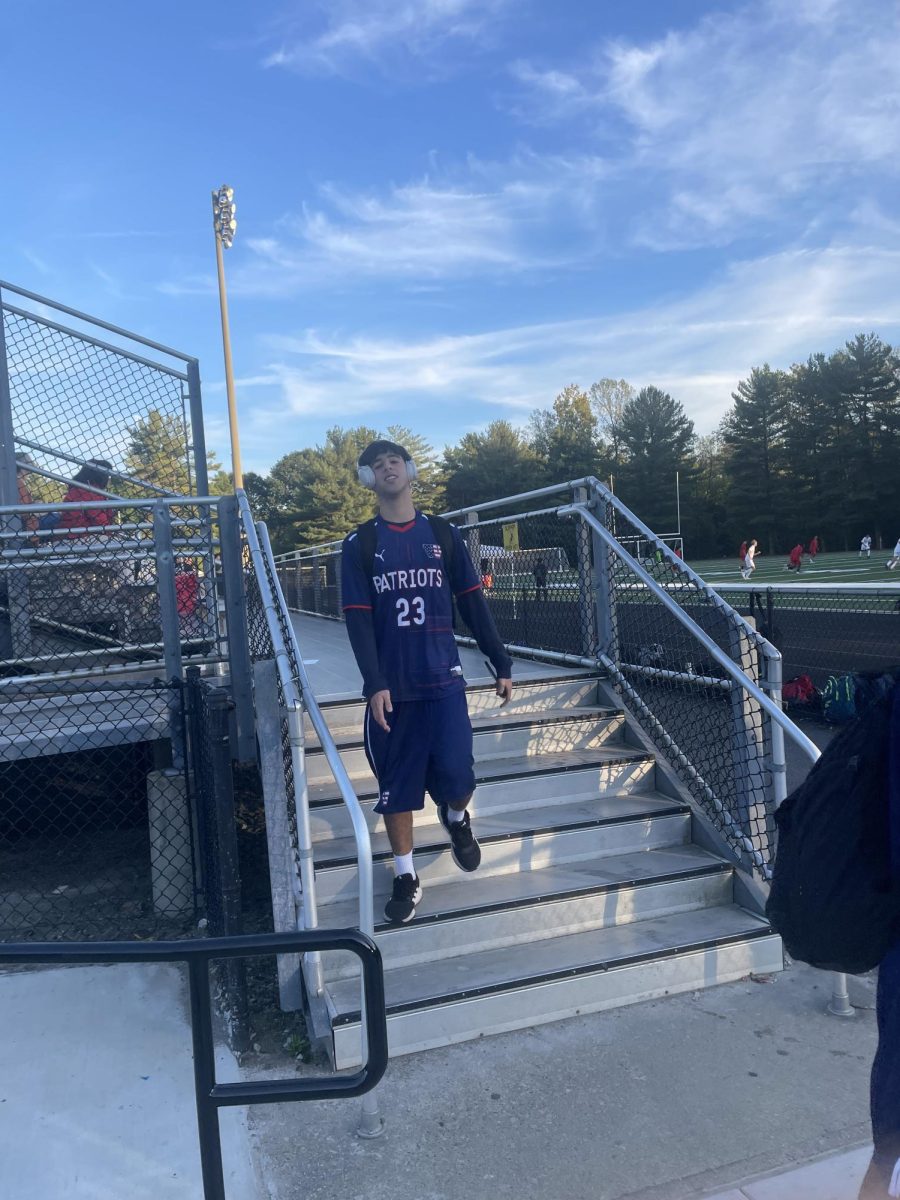There is no doubt that sports have become an imminent part of everyday life for athletes – the question is whether sports have enough control over a player to take away from completing schoolwork and having additional interests. Long practices and tournaments take away from the completion of work necessary to maintain substantial habits and a strong work ethic. According to Peak Performance Sports, the token to athletic success is finding the balance between sports and other life components.
As for sophomore Catherine Bucsa, she struggles to prioritize school during soccer season. Bucsa plays soccer for a travel team named FCGB and attends practices three to four times a week. She gets home from practice at 9:45 p.m., meaning the majority of her work must be completed before. She leaves two to three hours to study between school and practice. “It can definitely be hard having to choose between practice and school,” Bucsa said.
Bucsa also participates in other extracurricular activities, adding more limits to studying and completing homework time. She plays GOYA basketball for her church, is a member of SGA and Patriot Ambassadors and writes for Common Sense. As the pressure of including extracurriculars to build resumes rises as students get older, the more challenging it is to maintain a balanced schedule. “The first and last weeks of school are always hard because I’m lifeguarding or swim coaching in the afternoon in addition to soccer and school,” Bucsa said.
Sophomore Luca Phillips faces similar problems as Bucsa. Phillips plays for the school’s baseball team as well as a travel team, with practices running five days a week. He usually arrives home around 6:00 p.m. and goes to the gym right after. He leaves himself around one to two hours to complete his homework. Because of his busy schedule and practices running late, Phillips oftentimes has no time to efficiently complete his assignments. “I get home late from practice and usually do not have time to study if I have a test or a quiz on the next day,” Phillips said.
While there is an argument to be made that if a committed athlete wants to pursue their sport as a career they should put their sole focus into it, this dedication can lead to injury and burnout. Overcommitment to a sport may cause athletes to stress and feel pressured, weakening their athletic performance –the safest bet would be to not overdo it. Highly committed athletes miss out on a large part of their lives like family events, social obligations and spending time with loved ones–memories every athlete should have from their childhood.
That being said, sports are great channels for physical health, mental health and even social well-being. Although they may benefit many aspects of wellness, they should not become such a dominant part of life that it forces athletes to stop participating in activities they enjoy or completing work that is necessary to achieve success. Before committing to a highly competitive sports team, consider the level of devotion expected from you as an athlete.


